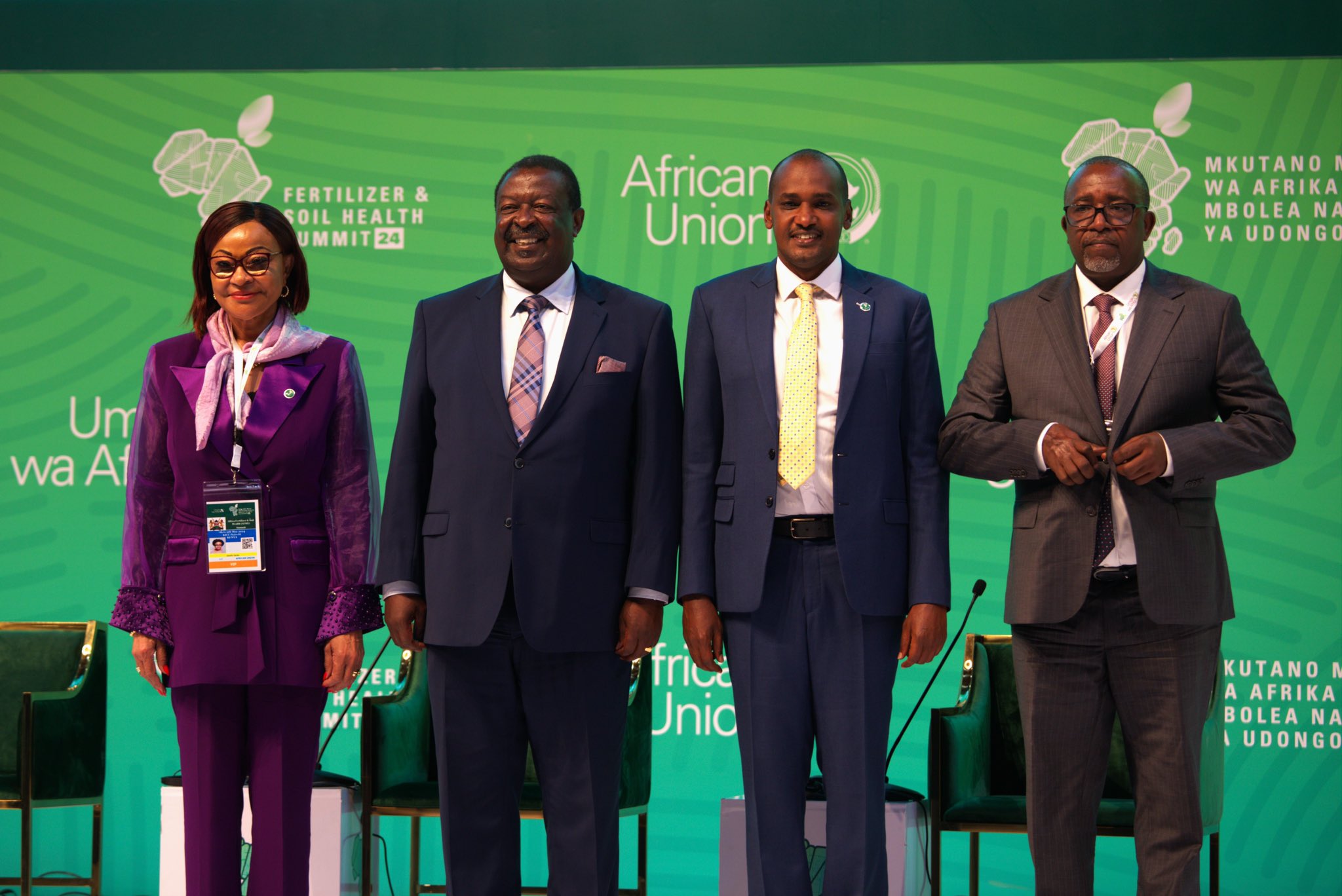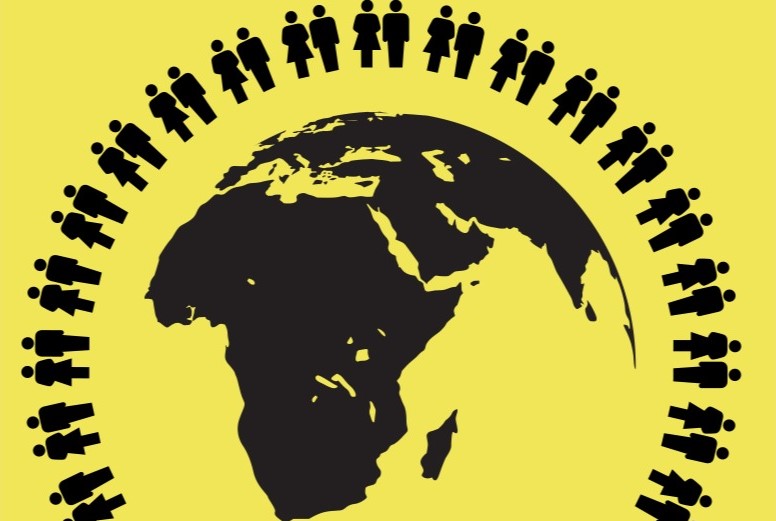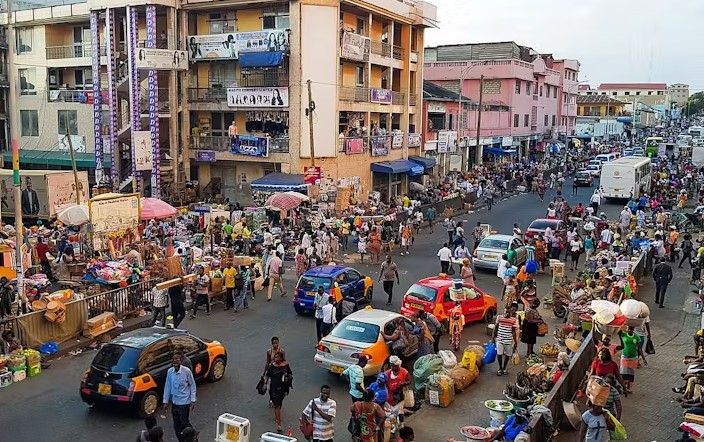The Africa Fertilizer and Soil Health summit closes with a 10-year action plan
The summit held from May 7 to May 9, 2024, in Nairobi brought together African leaders and key stakeholders in the agriculture sector.
One of the key objectives was for stakeholders to highlight the crucial role of fertilizer and soil health in boosting productivity in African agriculture.
To this end, the leaders signed the Nairobi declaration, launched the Soil Initiative for Africa, a ten-year action plan, and a post-summit implementation mechanism to finance said action plan.

The Nairobi Declaration on Africa Fertilizer and Soil acknowledges the need for increased fertilizer use while also recognizing the persistent, long-term challenges in implementing past commitments, such as those in the Abuja Declaration.
“Since the adoption of the Abuja Declaration in 2006, fertilizer consumption in Africa has only increased from an average of 8kg/ha to about 18kg/ha in 2022, which is less than half of the target of 50kg/ha,” the declaration further elaborates that the global average stands at 135kg/ha.
To improve the overall need for fertilizer and improve soil health on the continent, the Nairobi declaration encapsulates a number of commitments.
In financing, it pledges a commitment to triple domestic production and distribution of certified quality organic and inorganic fertilizers by 2034.
“We commit to make fertilizer available by 2034, to at least 70 percent of smallholder farmers on the continent”, says the declaration.
According to the African Union, a significant 15billion U.S, dollars of private sector investment will be needed to increase the local manufacturing of mineral fertilizers. The target is to triple the local production of organic and inorganic fertilizers by 2033.
Additionally, the leaders will fully operationalize the Africa Fertilizer Financing Mechanism (AFFM) to improve production, procurement, and distribution of organic and inorganic fertilizers in Africa among other actions.
To reach the 2034 goals, stake holders also made a call to the African Union Commission to mobilize financial and technical resources to execute these commitments in close cooperation with the various existing climate funds.






